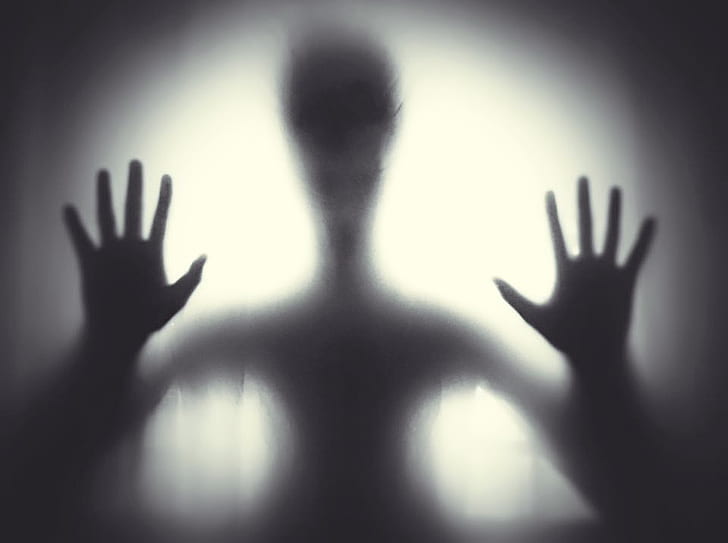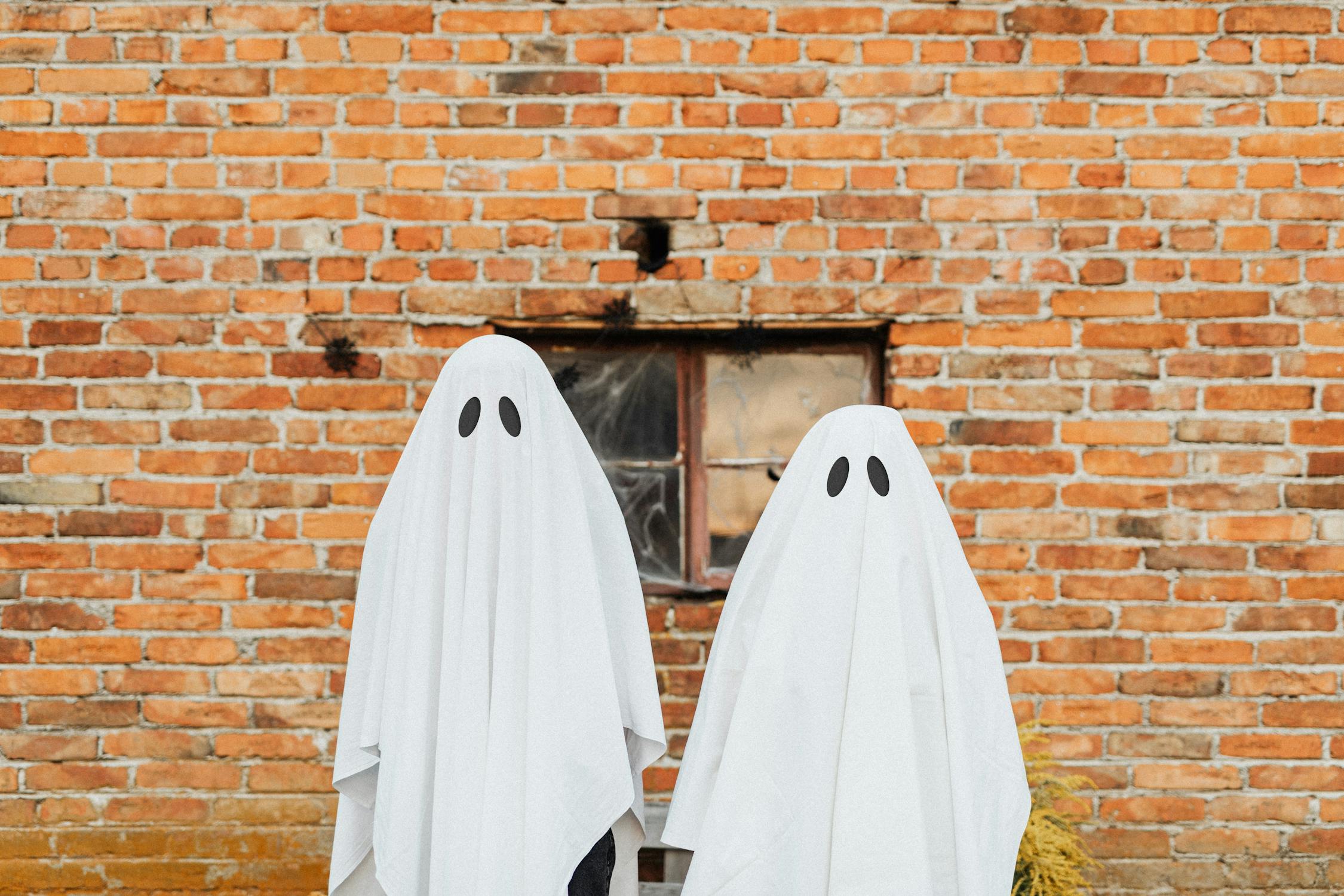Why do people believe in ghosts? It's a great question that deserves an equally great answer. The underlying reason people may believe in ghosts is that they can't let go of the possibility that there's more to life than just this physical dimension. Maybe there is an afterlife, and those who live on have unfinished business. Perhaps we're a bit more psychic than we usually admit. It could be that we're not meant to just be here on this earth in bodies, but that there is something more, and our spirits live on somewhere else.
The fact that so many people still believe in ghosts, even though the overwhelming evidence demonstrates that we are not, in fact, entitled to go on living after death with our loved ones, is a testimony to how strong our desire for such a continuation of our existence. It's also a testament to the power of the mind. Even though we can't see ghosts, feel them, touch them or talk to them, we believe they're real because our minds tell us there's something out there that corresponds with what we know about ghosts from popular culture.
One thing that makes me think belief in ghosts is more than just an unfounded fear comes from how similar ghost sightings are across cultures. Ghosts have been a part of our culture since the earliest times. From the ancient Egyptians to medieval Europe and in all cultures across the planet, people have reported seeing ghostly beings. Many have believed their ghosts were sent back with messages for living relatives or drawn to them by unfinished business. This seems logical as people tend to believe that no life can get out of hand without some form of punishment set by a judge or an unseen being. Humans are naturally very curious creatures, which explains why so many cultures have legends about supernatural beings living among us.
Ghosts are often considered to be scary apparitions, but some are said to be benevolent and supportive. So, what is the difference between a ghost and a ghoul? A ghoul is a type of demon in Islamic mythology. It is reported that Arabs have used the word ghoul as early as the 17th century and it is found in English texts from at least 1684, although the etymology of the word remains obscure.
However, the belief that ghosts are somehow linked to what they meant in life is not universal. In many cultures, ghosts are believed to have special powers and abilities that are considered magical. This has made the ghost a popular subject for fictional stories and movies, as well as for scientific research. So well-known have ghosts become throughout history that it has become a major part of our culture. Ghosts have become a part of so many different forms of art and entertainment such as television, movies, books, music, and theater plays. There is no doubt that ghosts are a phenomenon that has been with us from the beginning of time to the present day.
There are three main types of ghosts that haunt: The poltergeist, the intelligent haunting, and residual hauntings. Poltergeist activity is pretty rare. It involves the movement of objects in a room or house. Intelligent hauntings are more common; they involve the ghosts directly interacting with us, usually by trying to set up a pattern or communicate something to living people. Residual hauntings are also quite common; they involve an event that happened in a particular area leaving behind an imprint or recording of that event that plays back, again and again, like on a film reel in our minds, similar to watching an old movie.
All these types of hauntings (and there are others) are usually caused by spirits who have died violently. They are more often malevolent than not. Especially if the spirit has been stuck in limbo for a long time, they tend to grow angry and resentful at being stuck in their circumstances, like a body that has rotted away or died under mysterious circumstances. So, when they find that they can interact with us by using their energy to move things around or by actually making physical contact, it can be very unpleasant for us.
Something else is quite important to understand: ghosts need to use energy from the material world, just like we do, in order to have an effect. And if they use all of theirs up, they fade away. Some scientists suggest that ghosts gradually use up their energy and fade away over time. But there is no way for us to know this for sure since ghosts are intangible.
So, in the words of one psychic, "If you want to keep ghosts away, just keep living your life. They're not going to be able to do anything. When they see that you're happy and fulfilled and enjoying everything that they can't have," they'll leave! That's why it's so important for us as human beings not to give up on our lives or let ghosts take over our space. If we work hard on ourselves and fill up with good energy, then the ghosts will know where to find the door and head on out.
Ghosts and Spirits are thought to be incarnations of souls of the dead who are still connected to our physical world. There are many different types of ghost stories and legends filled with ghosts, spirits, and everything paranormal that have been told throughout history. These include stories from all over the world, but especially in many different cultures from the Indo-European mythological point of view such as those about Prometheus stealing fire from Mount Olympus by violating Zeus' command for secrecy, or Zalmoxis' descent into Hades which is one of the earliest tales being written across cultures across Europe.
Whatever the reason, we all love hearing or reading ghost stories. I must confess that, as a kid, I was an avid reader of scary stuff. In elementary school, I read every book in the library on ghosts that was written for my age group. One thing many of these books had in common was not much information about how to detect or prove the existence of ghosts. That was never really the point; it just helped scare us silly.
Of course, psychics have always claimed that they can communicate with spirits. Religious people believe in the existence of ghosts and even some scientists are convinced that life persists after death (as well as some non-scientists). But, is there any way to really test for this? Is there a scientific way to find proof for the existence of ghosts?
Perhaps the best place to start is the scientific evidence for the afterlife. But first, let's get a few things out of the way. Today, with technology and medical advances like CAT scans and new medications, more people are coming back from near-death experiences with stories of what they saw or how they felt during their brush with death. Some people even claim to have had out-of-body experiences during these times. So, it's safe to say that, in the last few decades, more and more people believe there is something called an "afterlife." But what is this mysterious afterlife?









